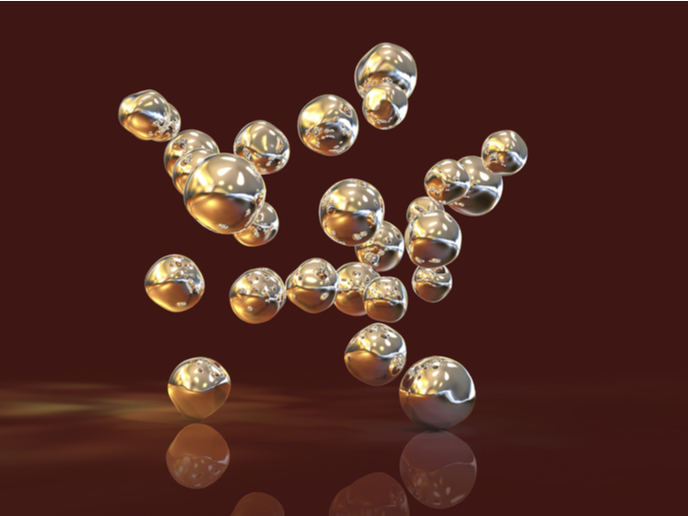Bioethanol from microalgae
The purpose of the DEMA (Direct ethanol from microalgae) project is to develop a new cost-efficient technology for the direct production of ethanol from microalgae using low-cost bioreactors. The consortium's aim is to use microalgae to produce bioethanol for less than the cost of its fossil fuel equivalent. This will be achieved through the catalytic conversion of solar energy, water and carbon dioxide into ethanol with the aid of a modified strain of cyanobacteria (also known as blue-green algae). Project partners are conducting research into three areas, the first of which is focused on producing a metabolically engineered version of the cyanobacterium. Although the cyanobacterium can tolerate high concentrations of ethanol, it does have a negative influence on the growth rate. Therefore, the tolerance of the cyanobacterium strain is being enhanced to produce ethanol at a final concentration level of 50 g/l. This metabolic engineering is supported by the exploitation of a microfluidics experimental platform. The platform will have the potential to increase the number of modified cyanobacteria strains by enabling culturing and high-throughput analysis under conditions that mimic those found in bulk solution. A quantitative fluorescence assay has already been developed to monitor ethanol secretion by the cyanobacteria. The second area of research involves the evaluation of stable bulk cultures of the cyanobacterium in a pilot photobioreactor. Scientists are currently determining the types of contaminant organisms that may arise during the culturing process. The final research area concentrates on improving the selectivity of the membrane technologies being used for ethanol separation. DEMA's bioethanol produced from cyanobacteria will complement and replace bioethanol derived from land-grown biomass, providing economic, social and environmental benefits. These include helping reduce the carbon footprint of EU transport and improving Europe's economic competitiveness and energy security. Furthermore, valuable agricultural land is not required for production of the bioethanol.







